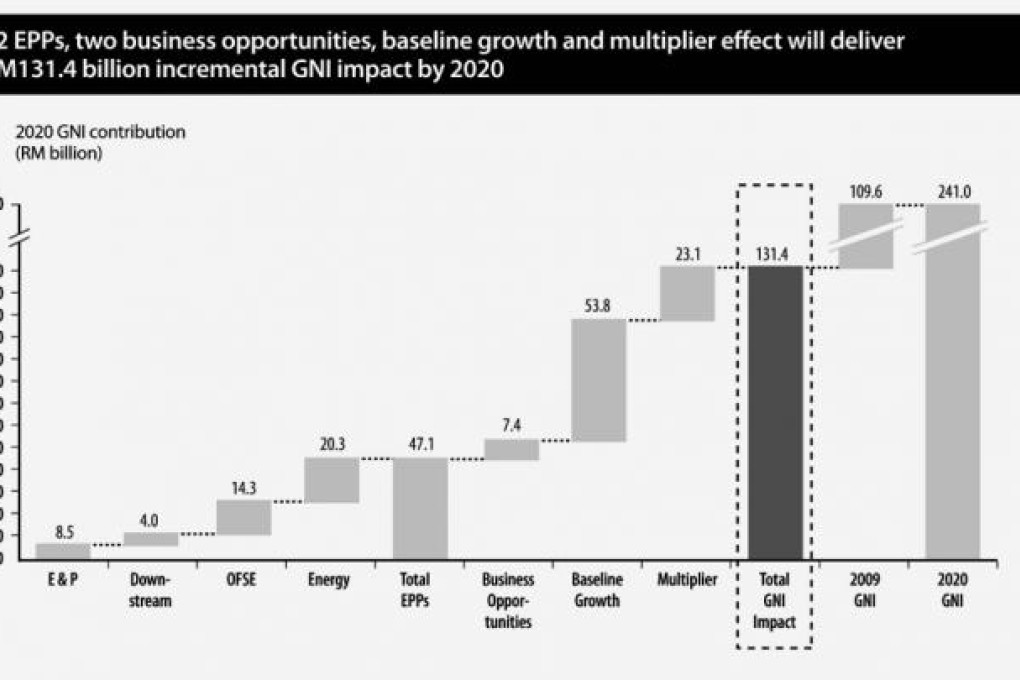Redefining global oil and gas trading in the region
Discovery Reports - Malaysia Oil, Gas and Energy

With Asia positioning itself as a global growth driver, the time is ripe for a blueprint that accounts for the region's heightened role in the oil and gas industry. Malaysia is showing the way with its ETP.
The outcome of intensive talks comprising government agencies and private sector players, the ETP embodies Malaysia's aspirations for an integrated oil and gas industry in Asia. Requiring investments of US$100 billion, mostly from the private sector, it sets the stage for long-term growth.
"The government will develop Malaysia into a leading oil and gas services hub in Asia, grow Malaysia's role in oil storage, logistics and trading and import LNG [liquefied natural gas] to serve latent gas demand and attract new gas-based industries," says Malaysia's Prime Minister Najib Razak.
There are compelling reasons for building Asia's oil storage and trading hub in Malaysia, according to Dr Mohammed Emir Mavani Abdullah, oil, gas and energy (OGE) and financial services director at PEMANDU.
Large crude oil and fuel cargoes from the Middle East have to be split into smaller cargo deliveries within the region. At the same time, regional producers need a terminal to aggregate supplies before dispatching to regional refiners. Blending must be done before refinery output becomes useful to other industries. With its central location in Southeast Asia, Malaysia is the best place to do all these.
Given its early start in exploration and development since the discovery of reserves in Sarawak in 1910, Malaysia is regarded as a mature market in the oil and gas industry. The country is also in a position to complement Singapore, which is the functioning hub for oil and gas trading in the region.